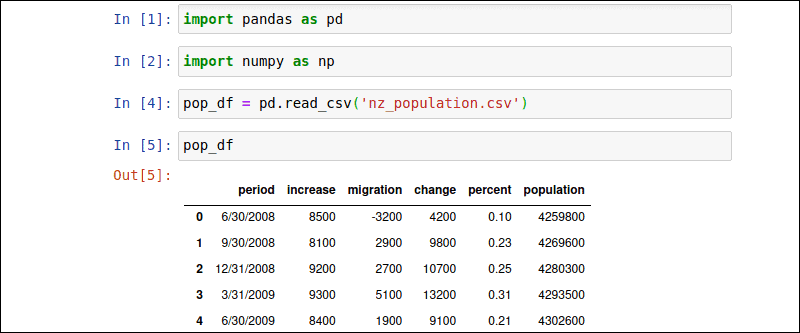
Image by author > df.info() RangeIndex: 3 entries, 0 to 2 Data columns (total 5 columns): # Column Non-Null Count Dtype - 0 id 3 non-null object 1 name 3 non-null object 2 math 3 non-null int64 3 physics 3 non-null int64 4 chemistry 3 non-null int64 dtypes: int64(3), object(2) memory usage: 248.0+ bytes encoding_errors str, optional, default “strict” Milliseconds, microseconds or nanoseconds respectively. Then pass one of ‘s’, ‘ms’, ‘us’ or ‘ns’ to force parsing only seconds, Is to try and detect the correct precision, but if this is not desired The timestamp unit to detect if converting dates. Set to enable usage of higher precision (strtod) function whenĭecoding string to double values. If parsing dates (convert_dates is not False), then try to parse the If a list of column names, then those columns will be converted andĭefault datelike columns may also be converted (depending on If True then default datelike columns may be converted (depending on convert_dates bool or list of str, default True Try to convert the axes to the proper dtypes.įor all orient values except 'table', default is True. If False, then don’t infer dtypes at all, applies only to the data.įor all orient values except 'table', default is True. If True, infer dtypes if a dict of column to dtype, then use those The DataFrame columns must be unique for orients 'index',

The DataFrame index must be unique for orients 'index' and Indication of expected JSON string format.Ĭompatible JSON strings can be produced by to_json() with a If you want to pass in a path object, pandas accepts anyīy file-like object, we refer to objects with a read() method,

URL schemes include http, ftp, s3, and file. Parameters path_or_buf a valid JSON str, path object or file-like objectĪny valid string path is acceptable. read_json ( path_or_buf, *, orient = None, typ = 'frame', dtype = None, convert_axes = None, convert_dates = True, keep_default_dates = True, precise_float = False, date_unit = None, encoding = None, encoding_errors = 'strict', lines = False, chunksize = None, compression = 'infer', nrows = None, storage_options = None, dtype_backend = _NoDefault.no_default, engine = 'ujson' ) #Ĭonvert a JSON string to pandas object.


 0 kommentar(er)
0 kommentar(er)
